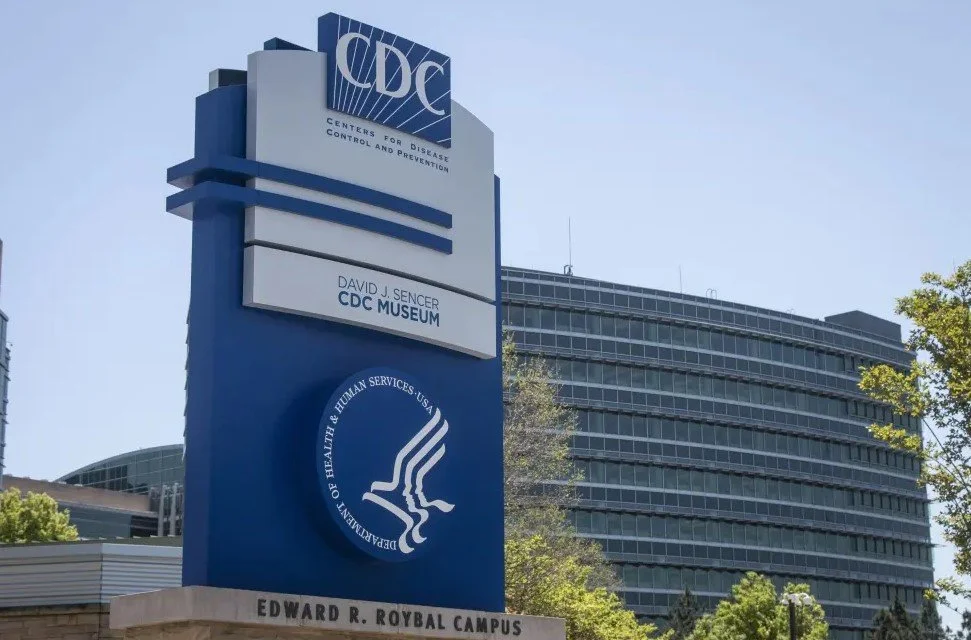New CDC Report Finds 'Significant Increase' in Diagnoses of Developmental Disorders in Children
Introduction
A recent report from the Centers for Disease Control and Prevention's National Center for Health Statistics (NCHS) has highlighted a concerning trend in the United States—the rising rate of diagnoses for developmental disabilities in children aged 3-17. The report, based on data collected from the National Health Interview Survey, reveals an overall increase in the prevalence of diagnosed developmental disabilities from 7.4% to 8.56% between 2019 and 2021. While these numbers may seem alarming, experts suggest that it could reflect improved access to mental health services and greater awareness of these conditions. This blog explores the key findings of the report and emphasizes the importance of early screening and support for children with developmental disabilities.
Increasing Rates and Expanded Definitions
The NCHS report highlights a notable increase in the prevalence of diagnosed developmental disabilities among children. Developmental disabilities encompass a wide range of conditions, including delays in physical movement, language, social awareness, and cognition. The data shows that while there was no significant change in diagnoses for autism spectrum disorder or intellectual disability, the overall prevalence of any diagnosed developmental disability increased during the study period. Researchers attribute this rise to improved access to mental health services and a better understanding of these conditions among historically underserved groups.
Better Access to Services and Increased Awareness
Dr. Ben Zablotsky, an epidemiologist at the CDC and lead author of the report, suggests that the rising rates of diagnoses may indicate positive progress in providing services to those who previously lacked access. He views the increase as a sign that historically underserved groups are now receiving the necessary support and diagnosis. Additionally, Dr. Zablotsky points to a separate report from the Autism and Developmental Disabilities Monitoring Network, which attributed increased autism spectrum disorder diagnoses to improved screening, awareness, and mental health services. These findings suggest that increased awareness and access to services play a crucial role in early detection and intervention.
Importance of Early Screening and Support
While the report does not directly explore the reasons behind the increase in developmental disability diagnoses, Dr. Zablotsky believes that improved screening procedures, heightened awareness, and expanded mental health services likely contribute to these findings. Regardless of the specific causes, the report underscores the importance of early screening and access to support services for children with developmental disabilities. Detecting these conditions early can lead to timely interventions, enhancing the quality of life and future outcomes for affected children.
Looking Ahead and Addressing Disparities
The new report provides valuable insights into the prevalence of developmental disabilities in children since the survey's redesign in 2019. It reveals higher rates of selected conditions compared to previous data, although caution should be exercised when comparing estimates due to changes in the survey questionnaire. Key findings also include variations in prevalence among different racial and ethnic groups and gender disparities in autism spectrum disorder diagnoses, with boys being more commonly diagnosed than girls. It is essential to address these disparities and ensure equitable access to screenings, support services, and resources for all children.
Conclusion
The CDC's report sheds light on the increasing rates of developmental disability diagnoses in children, pointing towards improved access to services and heightened awareness. The findings emphasize the importance of early screening and support to maximize the potential of children with developmental disabilities. By prioritizing mental health screenings and enhancing awareness, we can strive towards a future where all children receive the necessary care and support they deserve.

